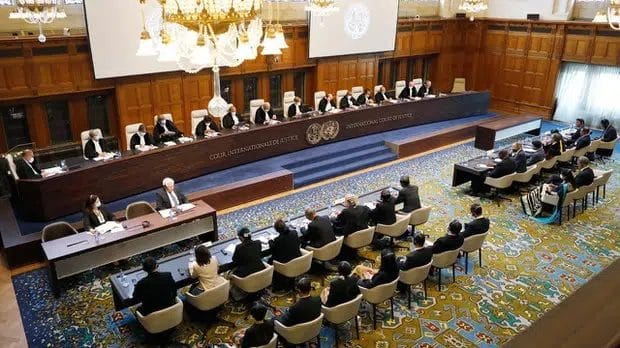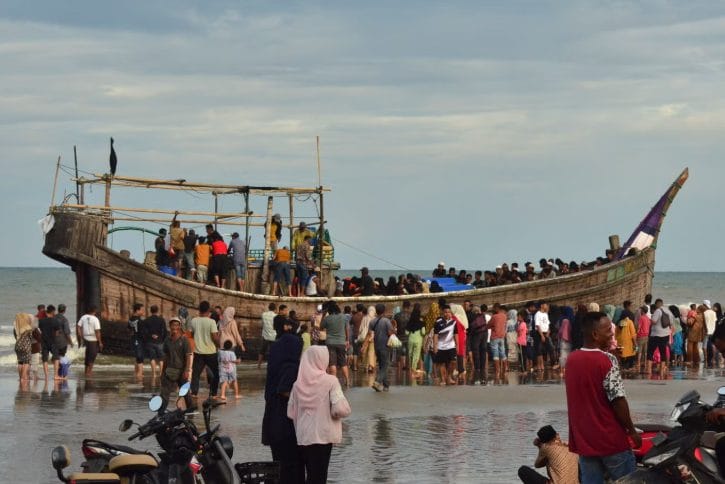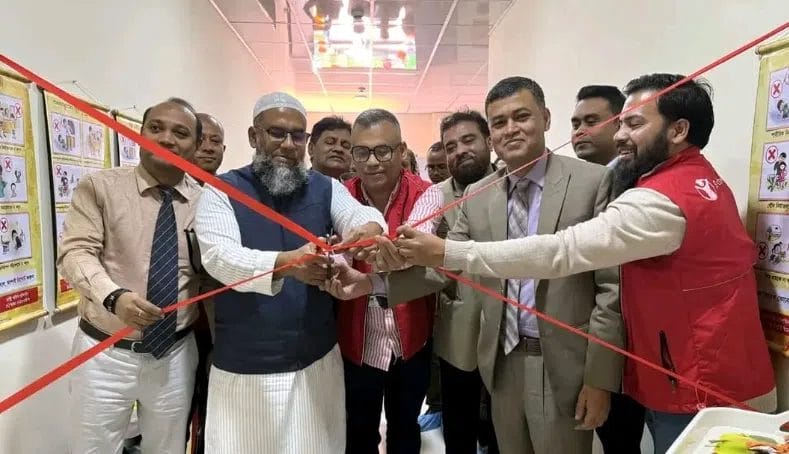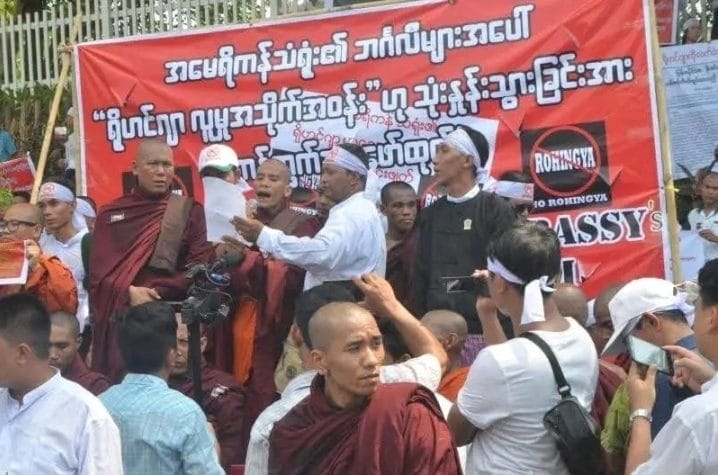Arakan News Agency
The Acting Executive Director of the World Food Programme (WFP), Carl Skau, reaffirmed the agency’s commitment to continuing food assistance for approximately 1.3 million Rohingya refugees residing in Bangladesh, stressing that the crisis remains among the organization’s top global priorities.
Skau made the remarks during his meeting with Professor Muhammad Yunus, Chief Adviser of Bangladesh, in Rome, Italy, where the two discussed ways to enhance humanitarian support for refugees, as well as the worsening hunger crises in Gaza and Sudan, and broader global challenges in combating hunger.

Skau praised Yunus’s efforts in reviving international attention to the plight of the Rohingya, highlighting the success of the high-level meeting held at the United Nations on September 30, which effectively refocused global awareness on the crisis.
The WFP official also announced the continuation of a monthly food allowance of $12 per refugee, confirming that the agency is actively working to mobilize new funding from donor countries and international institutions.
Yunus, in turn, expressed appreciation for the WFP’s pivotal role in fighting hunger and supporting the new school feeding programme in Bangladesh, noting that his government is working to expand and develop the initiative gradually.
The meeting also discussed the rising global hunger rates, as the WFP strives to deliver hundreds of truckloads of food to the Gaza Strip and to respond to a worsening crisis that threatens nearly 300 million people worldwide with food insecurity.
Earlier, Carl Skau had warned that the WFP’s severe funding shortfall would have dire consequences for the most vulnerable populations in Asia — particularly the Rohingya community.
Bangladesh currently hosts over one million Rohingya refugees in the Cox’s Bazar camps, which the United Nations classifies as the largest and most densely populated refugee settlement in the world. Refugees there have been living under dire humanitarian conditions since fleeing Myanmar in 2017 following the “genocidal campaign” launched by the Myanmar military. New waves of displacement to Bangladesh have continued since renewed fighting erupted in Arakan State between the Myanmar army and the Arakan Army (AA) in November 2023.

















